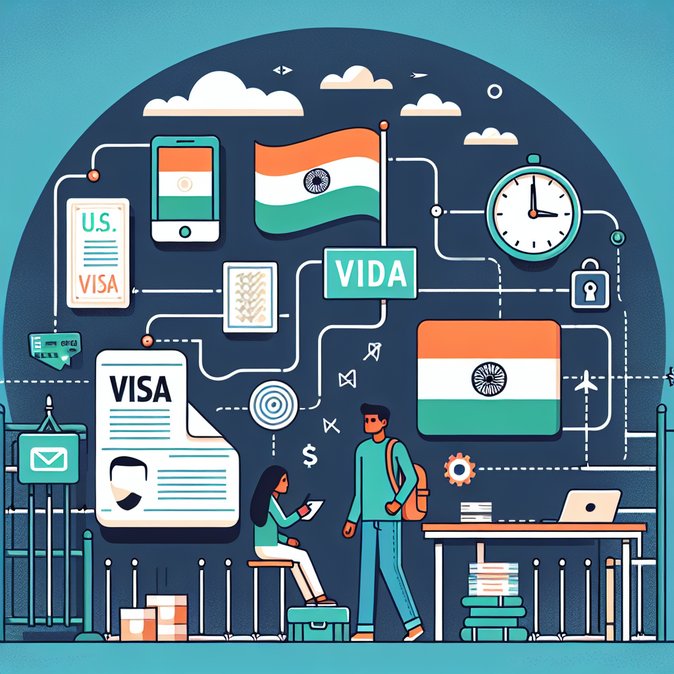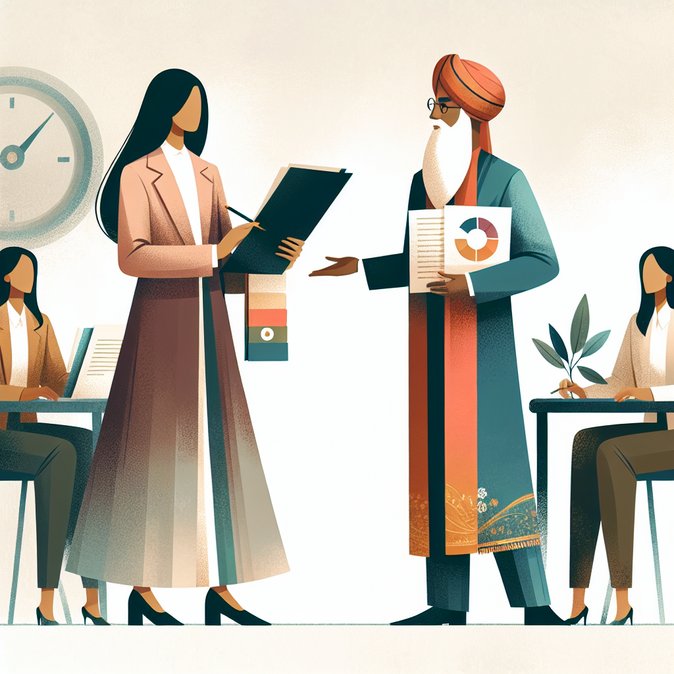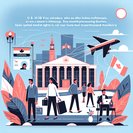
A Financial Express report dated 6 November 2025 chronicled the experience of an Indian IT graduate whose U.S. F-1 visa was refused after a 40-second interview at the Mumbai Consulate. The applicant, with a 9.15 CGPA and admits from three universities, was rejected under Section 214(b) for failing to prove strong home-country ties.
The story resonated across social media, reigniting debate about opaque adjudication and rising denial rates: State Department data show India’s F-1 refusal rate climbed to 41 % in FY 2024, up from 28 % in FY 2021. Consular officers now have less than three minutes per case on peak days, making concise, evidence-backed answers essential.
![Viral Case of 40-Second F-1 Interview Denial Highlights U.S. Student-Visa Hurdles for Indians]()
Education consultants recommend carrying granular financial proofs (tax returns, property deeds) and a clear post-study career plan linked to India to counter 214(b) concerns. Applicants should also rehearse succinct responses; rambling explanations often trigger quick refusals.
For mobility managers funding U.S. coursework, the incident underscores the need to schedule buffer time for re-applications and to brief candidates on mock-interview techniques. Alternate destinations such as Canada or Germany, where student-visa approval rates for Indians remain above 60 %, may serve as contingency options.
The story resonated across social media, reigniting debate about opaque adjudication and rising denial rates: State Department data show India’s F-1 refusal rate climbed to 41 % in FY 2024, up from 28 % in FY 2021. Consular officers now have less than three minutes per case on peak days, making concise, evidence-backed answers essential.

Education consultants recommend carrying granular financial proofs (tax returns, property deeds) and a clear post-study career plan linked to India to counter 214(b) concerns. Applicants should also rehearse succinct responses; rambling explanations often trigger quick refusals.
For mobility managers funding U.S. coursework, the incident underscores the need to schedule buffer time for re-applications and to brief candidates on mock-interview techniques. Alternate destinations such as Canada or Germany, where student-visa approval rates for Indians remain above 60 %, may serve as contingency options.








